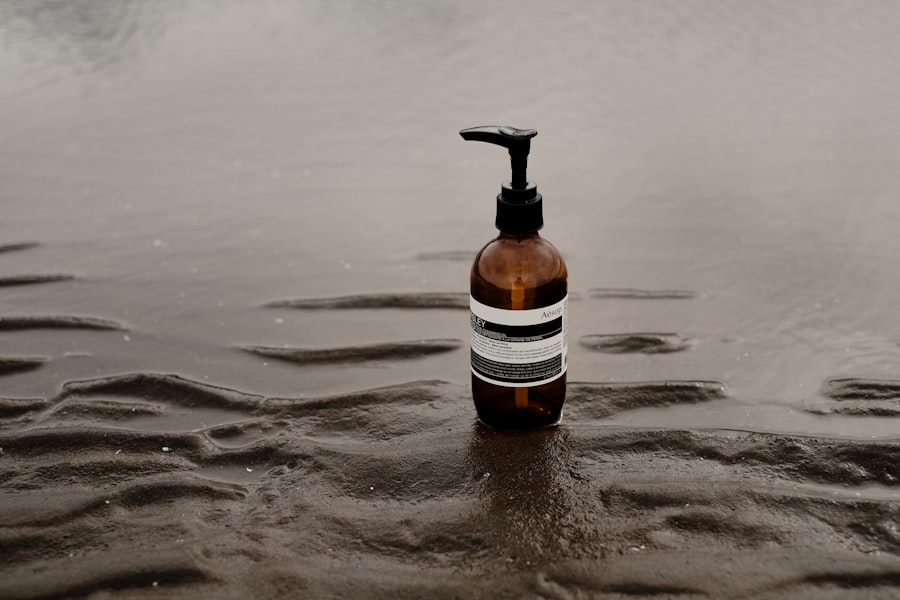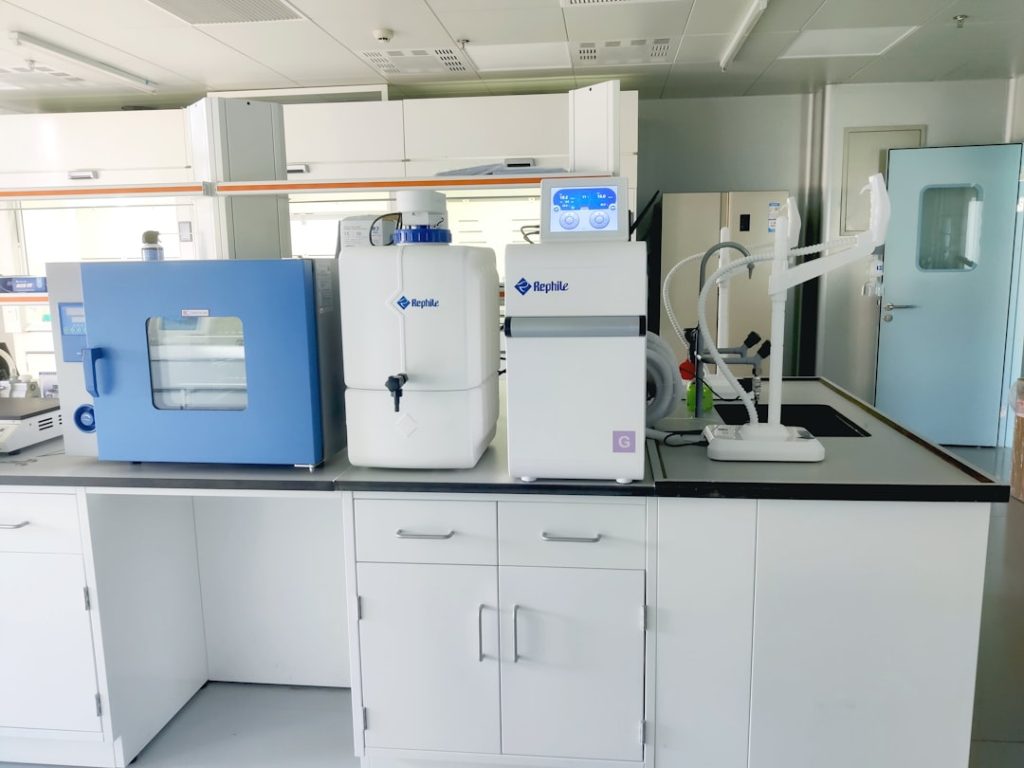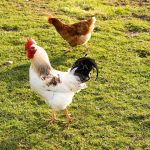Clean water is essential for chickens’ health and well-being. Chickens require clean water for hydration, body temperature regulation, and digestion. Water is crucial for egg production, as hens need a constant supply to lay healthy eggs.
Clean water also helps prevent disease spread within the flock. Depriving chickens of clean water can lead to dehydration, resulting in reduced egg production, poor feather quality, and potentially death in severe cases. Contaminated water may harbor harmful bacteria and parasites that can cause illness in chickens.
Providing chickens with constant access to clean water is a fundamental aspect of responsible chicken care. Maintaining clean water supplies helps ensure the overall health and productivity of the flock.
Table of Contents
Key Takeaways
- Clean water is essential for the health and well-being of chickens, as it impacts their digestion, egg production, and overall immune system.
- When choosing a watering system for chickens, consider factors such as ease of cleaning, prevention of contamination, and accessibility for all birds.
- Regular cleaning and maintenance of waterers is crucial to prevent the growth of harmful bacteria and algae, which can negatively impact chicken health.
- Providing shade and shelter for watering areas can help prevent water contamination from debris, feces, and other contaminants.
- Using natural additives such as apple cider vinegar or probiotics can help keep water clean and support the digestive health of chickens.
- Monitoring water consumption is important for detecting any changes in chicken health or potential water quality issues.
- Consulting a veterinarian for water quality testing can help ensure that the water provided to chickens is safe and free from harmful contaminants.
Choosing the Right Watering System
Traditional Watering Systems
Traditional waterers, such as open dishes or troughs, are simple and inexpensive, but they can easily become contaminated with dirt, droppings, and debris. This can lead to unsanitary conditions and an increased risk of disease transmission within the flock.
Modern Watering Systems
Alternatively, nipple waterers and automatic waterers are popular choices for chicken owners who want to ensure that their flock has access to clean water at all times. These systems deliver water directly to the chickens without allowing for contamination from outside sources. Nipple waterers are especially effective at keeping the water clean, as they only release water when the chickens peck at the nipples, minimizing waste and reducing the likelihood of contamination.
Water Filtration Systems
Another option is to use a water filtration system to remove impurities and bacteria from the water source before it reaches the chickens. This can be particularly beneficial for chicken owners who rely on well water or other non-treated sources.
By investing in a high-quality watering system, chicken owners can help to ensure that their flock has access to clean and safe drinking water.
Regular Cleaning and Maintenance

Regardless of the type of watering system used, regular cleaning and maintenance are essential for keeping the water clean and safe for chickens. Waterers should be cleaned and sanitized on a regular basis to prevent the buildup of algae, bacteria, and other contaminants. This can be done by emptying the waterer, scrubbing it with a mild detergent, rinsing thoroughly, and allowing it to dry before refilling it with fresh water.
In addition to regular cleaning, it is important to monitor the waterers for any signs of damage or wear. Leaks or cracks in the waterers can lead to water wastage and contamination, so it is important to repair or replace damaged components as needed. Chicken owners should also regularly check the water supply to ensure that it is free from debris and impurities.
By maintaining a strict cleaning and maintenance schedule, chicken owners can help to ensure that their flock has access to clean and safe drinking water at all times. This can help to prevent the spread of diseases and infections, as well as promote overall health and well-being among the chickens.
Providing Shade and Shelter for Watering Areas
In addition to choosing the right watering system and maintaining its cleanliness, providing adequate shade and shelter for watering areas is crucial for ensuring that chickens have access to clean water. Exposure to direct sunlight can cause water to become warm and stagnant, which can promote the growth of algae and bacteria. This can make the water unappealing to chickens and increase the risk of contamination.
To prevent this, chicken owners should position their watering systems in shaded areas or provide some form of shelter to protect the water from direct sunlight. This can be achieved by placing the waterers under trees or using tarps or other coverings to create shade over the watering areas. By keeping the water cool and shaded, chicken owners can help to maintain its cleanliness and appeal to their flock.
Additionally, providing shelter around the watering areas can help to prevent contamination from rainwater or other environmental factors. By keeping the waterers protected from the elements, chicken owners can help to ensure that their flock has access to clean and safe drinking water at all times.
Using Natural Additives to Keep Water Clean
In addition to regular cleaning and maintenance, chicken owners can use natural additives to help keep their flock’s water clean and safe. Apple cider vinegar is a popular choice for many chicken owners, as it has natural antibacterial properties that can help to prevent the growth of harmful bacteria in the water. Adding a small amount of apple cider vinegar to the water supply can help to keep it clean and fresh for longer periods of time.
Another natural additive that can be used is garlic, which has been shown to have antibacterial and antiparasitic properties. Adding crushed garlic cloves or garlic powder to the water supply can help to keep it free from harmful pathogens and parasites, promoting the overall health of the flock. Some chicken owners also use probiotics as a natural additive for their flock’s water.
Probiotics can help to promote healthy gut flora in chickens, which can in turn boost their immune systems and reduce the risk of infections. By adding probiotics to the water supply, chicken owners can help to support the overall health and well-being of their flock. By using natural additives in conjunction with regular cleaning and maintenance, chicken owners can help to ensure that their flock has access to clean and safe drinking water at all times.
This can help to promote overall health and productivity among the chickens.
Monitoring Water Consumption

Identifying Changes in Drinking Habits
Monitoring water consumption is crucial to ensure that chickens have access to clean water. By tracking daily water intake, chicken owners can detect any changes in drinking habits that may indicate a problem with the water supply or the health of the chickens. A sudden decrease in water consumption could be a sign that the water is contaminated or unappealing to the chickens.
Investigating and Rectifying Issues
If an issue is detected, it is essential to investigate the cause and take prompt action to rectify it. On the other hand, an increase in water consumption could indicate that the chickens are experiencing heat stress or another health issue that requires attention.
Maintaining Clean and Safe Drinking Water
By closely monitoring water consumption, chicken owners can stay proactive in maintaining the cleanliness and quality of their flock’s water supply. This helps prevent health issues and ensures that the chickens have access to clean and safe drinking water at all times.
Consulting a Veterinarian for Water Quality Testing
In some cases, it may be necessary to consult a veterinarian for professional water quality testing. If there are concerns about the cleanliness or safety of the flock’s water supply, a veterinarian can perform tests to identify any potential contaminants or impurities that may be present. This can help to pinpoint any issues with the water supply and determine the best course of action for addressing them.
Veterinarians can also provide guidance on how to improve the quality of the flock’s water supply, such as recommending specific additives or treatment methods. By seeking professional advice from a veterinarian, chicken owners can ensure that their flock has access to clean and safe drinking water that promotes overall health and well-being. In conclusion, providing clean water for chickens is essential for maintaining their health and productivity.
By choosing the right watering system, regularly cleaning and maintaining it, providing shade and shelter for watering areas, using natural additives, monitoring water consumption, and consulting a veterinarian for professional testing when necessary, chicken owners can ensure that their flock has access to clean and safe drinking water at all times. This proactive approach to maintaining water quality can help to prevent diseases and infections while promoting overall health among the flock.
If you’re looking for more tips on keeping your chickens healthy and happy, check out this article on how to build a chicken coop trampoline. It’s a creative and innovative way to provide your chickens with a clean and fun environment while also keeping their water clean.
FAQs
What are the benefits of keeping chickens’ water clean?
Keeping chickens’ water clean is important for their health and well-being. Clean water helps prevent the spread of diseases and ensures that the chickens stay hydrated, which is essential for their overall health and egg production.
How often should chickens’ water be changed?
Chickens’ water should be changed at least once a day to ensure that it stays clean and free from contaminants. In hot weather, it may be necessary to change the water more frequently to prevent it from becoming warm and stagnant.
What are some tips for keeping chickens’ water clean?
– Use a waterer with a cover or nipple system to prevent contamination from dirt, droppings, and debris.
– Place the waterer in a shaded area to prevent algae growth and to keep the water cool.
– Clean the waterer regularly with a mild detergent and rinse thoroughly to remove any residue.
– Consider using a water additive, such as apple cider vinegar, to help keep the water clean and discourage bacterial growth.
What are the signs of contaminated water for chickens?
Signs of contaminated water for chickens may include a decrease in water consumption, reluctance to drink, and signs of illness such as diarrhea or lethargy. It’s important to monitor the chickens’ behavior and health to ensure that they are receiving clean water.
Are there any natural ways to keep chickens’ water clean?
Yes, there are natural ways to keep chickens’ water clean. Adding a small amount of apple cider vinegar to the water can help prevent bacterial growth. Additionally, placing a few clean rocks or marbles in the waterer can discourage chickens from standing in the water and contaminating it with dirt and droppings.
Meet Walter, the feathered-friend fanatic of Florida! Nestled in the sunshine state, Walter struts through life with his feathered companions, clucking his way to happiness. With a coop that’s fancier than a five-star hotel, he’s the Don Juan of the chicken world. When he’s not teaching his hens to do the cha-cha, you’ll find him in a heated debate with his prized rooster, Sir Clucks-a-Lot. Walter’s poultry passion is no yolk; he’s the sunny-side-up guy you never knew you needed in your flock of friends!







